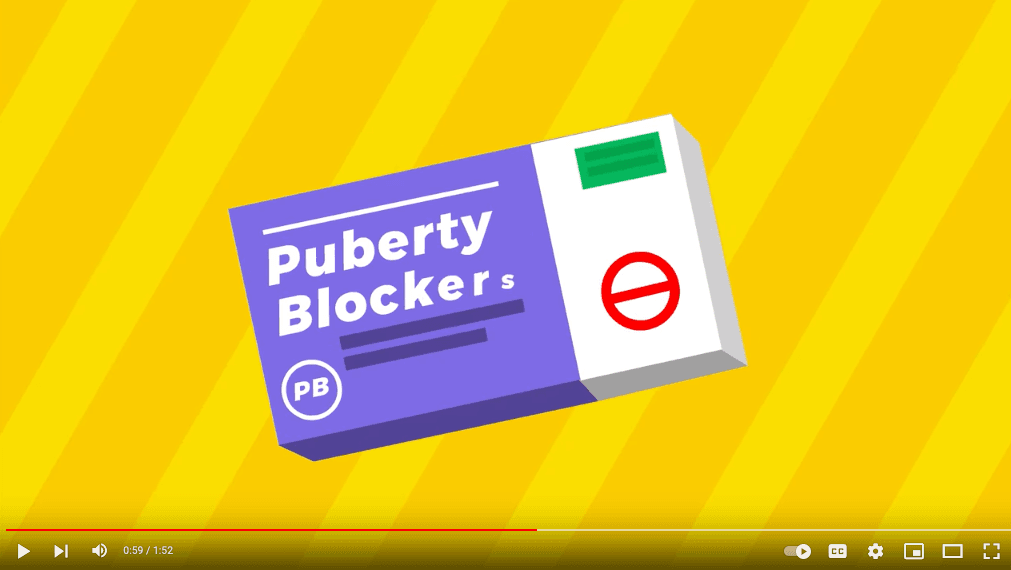A website geared toward teens and adults questioning their gender identity or who are transgender tells children as young as 13 how to get cross-sex hormones with—or without—parental consent.
Kelly Schenkoske, a concerned parent in California’s Monterey County, researched the TransgenderMap.com website after she discovered it by clicking on a series of links beginning with a Salinas High School webpage listed under LGBTQ Library Resources on the Salinas Union High School District (SUHSD) website.





